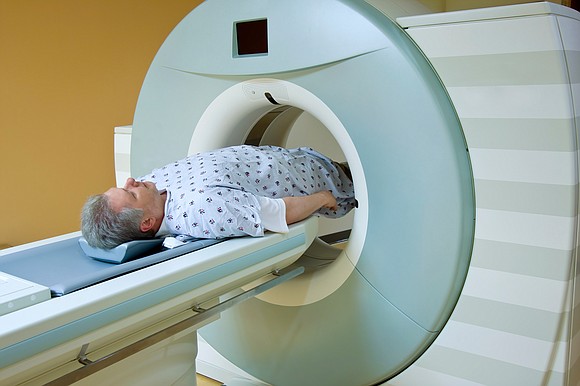Embracing a New Era in Prostate Health: Rethinking the Approach to Low-Risk Cancers
Francis Page Jr. | 1/29/2024, 2:03 p.m.
Understanding Low-Risk Prostate Cancer: A Shift Towards Personalized Care
The world of oncology is evolving, particularly in how we address prostate cancer—the most common cancer among men in the United States. Modern medicine now recognizes that not all cancers are created equal, with a particular focus on low-risk prostate cancer. This condition, often growing very slowly or not progressing at all, has sparked a debate: should we still label it as cancer?
Rethinking Prostate Cancer: The Case for Renaming
The term 'cancer' carries a weight that can lead to overtreatment, especially in the case of low-risk prostate cancers. Overly aggressive responses such as surgery or radiation can leave patients with life-altering side effects. A growing body of evidence suggests that active surveillance could be a more appropriate response for these low-grade tumors. Leading specialists suggest a nomenclature shift towards terms like 'premalignant lesions' to reduce anxiety and encourage a more measured approach to treatment.
Early Detection: A Double-Edged Sword
With advances in screening technologies, detection of prostate cancer at its earliest stages has increased significantly. However, this has also led to the discovery of cancers that may not pose a serious health risk—some may even regress spontaneously. It's important for physicians to educate patients on the complexity of early detection and the reality that not all detected cancers require immediate intervention.
Grade Group 1 Prostate Cancer: To Treat or Monitor?
Classified into grade groups with 1 being the lowest risk, these cancers represent a considerable portion of diagnoses. Current studies, including a pivotal one published in the New England Journal of Medicine, indicate that active surveillance for grade group 1 cancers results in similar long-term survival compared to immediate treatment. This evidence advocates for personalized treatment plans and reinforces the potential benefits of monitoring over immediate surgical or radiation treatments.
The Debate Continues: Cancer by Any Other Name
While there is a strong push for renaming low-risk cancers to avoid unnecessary treatment and anxiety, some practitioners emphasize the caution required due to the potential for misclassification and the importance of active surveillance. There's also concern regarding how a name change could impact patient follow-up and insurance coverage for necessary tests.
Looking Forward: Education Over Renaming
Some professionals, like Dr. William L. Dahut of the American Cancer Society, argue for better patient and family education about low-risk prostate cancer rather than a name change. Understanding what a low-grade cancer diagnosis means could empower men and their families to make informed decisions without succumbing to the pressure of aggressive treatment.
In conclusion, the conversation about renaming low-risk prostate cancer reflects a broader shift towards personalized and patient-centered care. As research progresses and awareness grows, the medical community aims to guide patients towards treatments that are not only effective but also mindful of their quality of life.









